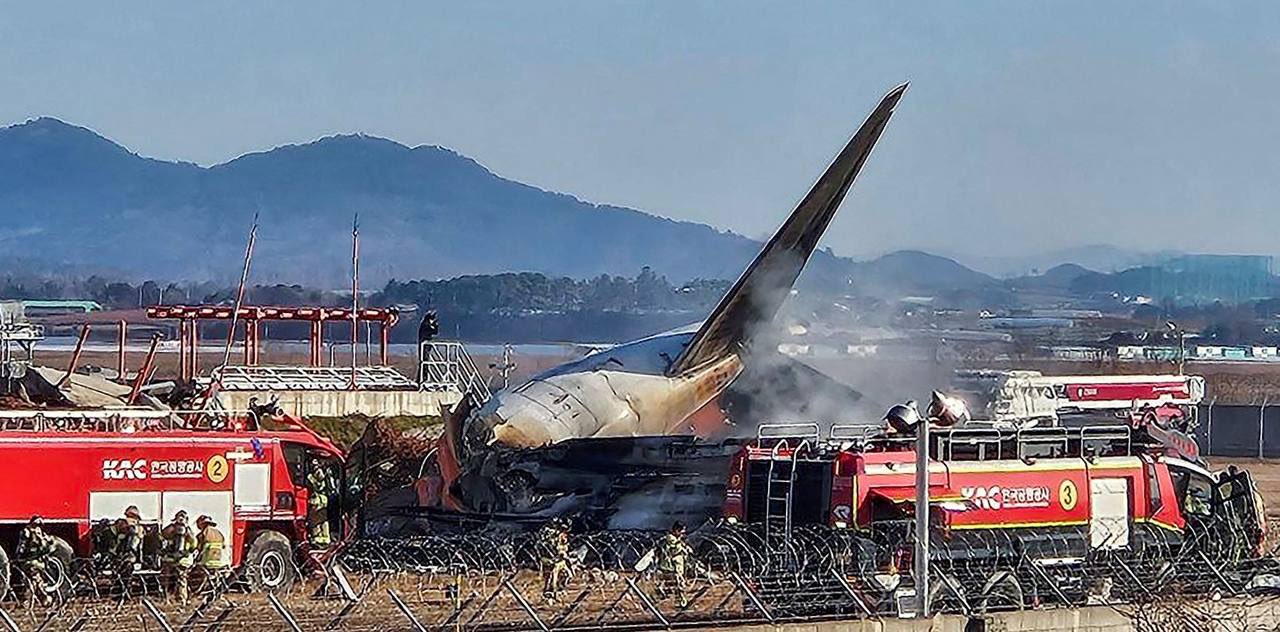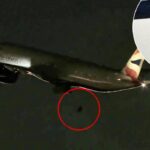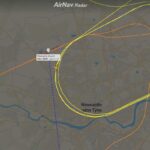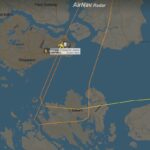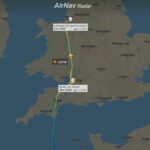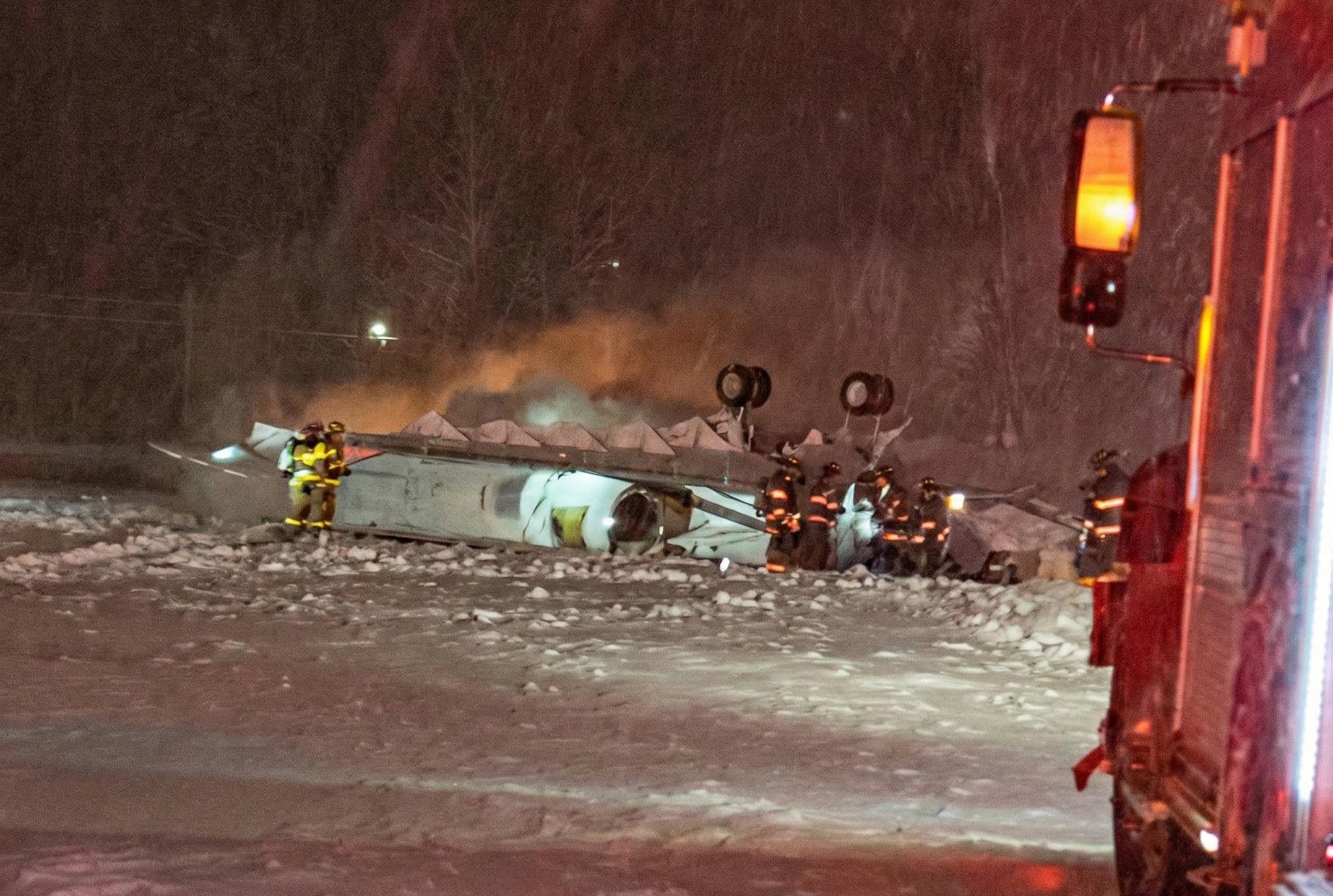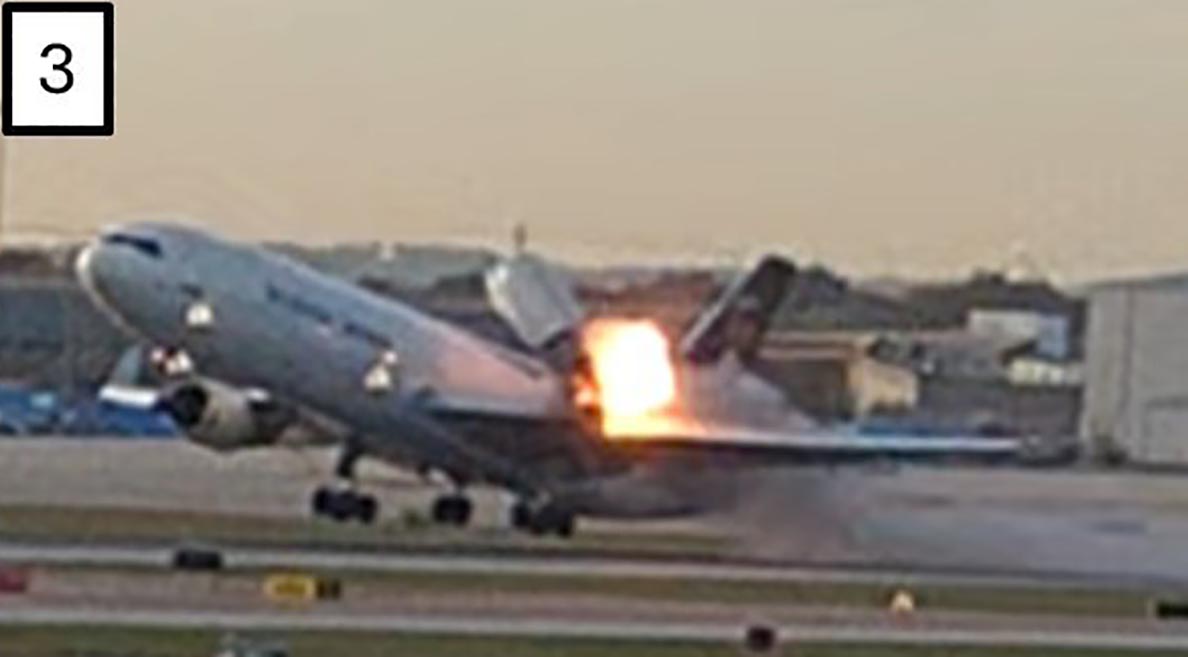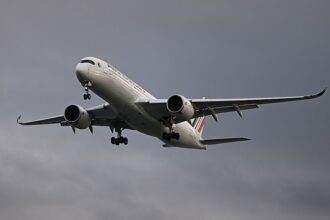An interim report into the Jeju Air crash that killed 179 people at Muan International Airport in December has identified pilot error as the likely cause of the disaster.
The report, presented to the families of the victims, by South Korea’s Aviation and Railway Accident Investigation Board concluded that the captain mistakenly shut down the aircraft’s left engine — the fully operational one — instead of the right engine, which had been severely damaged moments earlier by a bird strike. The error occurred during a critical emergency landing phase.
Investigators said both engines were shipped to Paris in May for forensic analysis by the manufacturer, which found no mechanical faults. This led the board to conclude that the engines themselves were not to blame.
The shutdown of the wrong engine of Jeju Air flight 7C2216 from Bangkok caused the Boeing 737-800 (registration HL8088) to lose all engine power and its main electrical systems, disrupting the operation of key safety components including the flight data recorders, cockpit voice recorders, and the landing gear system.
As a result, the plane was unable to complete the emergency landing safely, leading to the crash.
The Jeju Air pilots union has pushed back strongly against the report’s findings, calling them a “malicious attempt” to place the full blame on the pilot. The union maintains that a broader set of factors should be considered in the final analysis.
The investigation remains ongoing, with a final report expected later this year.
